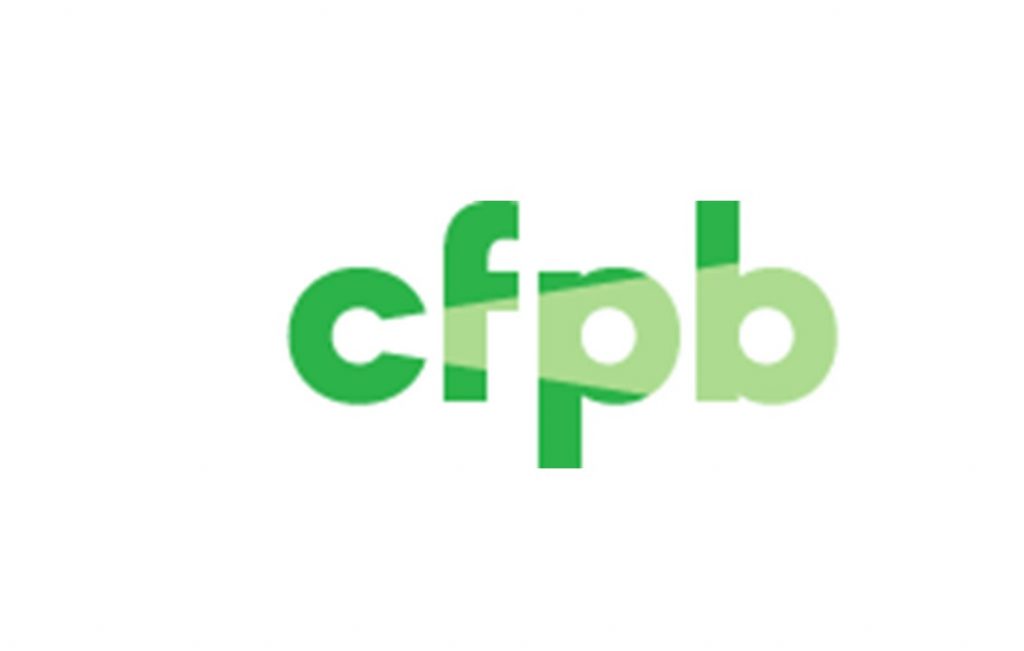
| Entities | |
| Topics and Issues | Accuracy (39) Background checks (71) File Disclosures (1) |
In January 2024, the CFPB issued a press release announcing the release of two advisory opinions. The first A.O. is on Fair Credit Reporting; Background Screening and the second is on Fair Credit Reporting; File Disclosure. The press release states that the A.O.s are “to address inaccurate background check reports, as well as sloppy credit file sharing practices.” Taken together, the “two advisory opinions seek to ensure that the consumer reporting system produces accurate and reliable information and does not keep people from accessing their personal data.”
The A.O. on background screening says, according to the release, that “background check reports…must be complete, accurate, and free of information that is duplicative, outdated, expunged, sealed, or otherwise legally restricted from public access.” The A.O. on file disclosure highlights that people are entitled to receive all information contained in their consumer file at the time they request it, along with the source or sources of the information contained within, including both the original and any intermediary or vendor source.”
Background check reports
Director Chopra said that “[b]ackground check and other consumer reporting companies do not get to create flawed reputational dossiers that are then hidden from consumer view…” Here again we have the director using terms like “flawed” and “dossiers.” He also says that there is “hidden” information.
The press release points to earlier a CFPB November 2022 report “on tenant screening, background check reports often contain false or misleading information about individuals” and a February 2023 public inquiry on consumer “experiences with background checks used to screen potential tenants for rental housing.”
The press release goes on to summarize the A.O. on background checks which highlights that CRAs covered by the FCRA
must maintain reasonable procedures to avoid producing reports with false or misleading information. Specifically, the procedures should:
-
- Prevent the reporting of public record information that has been expunged, sealed, or otherwise legally restricted from public access.
- Ensure disposition information is reported for any arrests, criminal charges, eviction proceedings, or other court filings that are included in background check reports.
- Prevent the reporting of duplicative information.
In addition, today’s advisory opinion on background screening reminds consumer reporting companies that they may not report outdated negative information—and that each negative item of information is subject to its own reporting period, the timing of which depends on the date of the negative item itself. For example, a criminal charge that does not result in a conviction generally cannot be reported by a consumer reporting company beyond the seven-year period that starts at the time of the charge.
File disclosures
The press release notes that the A.O. on file disclosure, “individuals requesting their files:
-
- Only need to make a request for their report and provide proper identification – they do not need to use specific language or industry jargon to be provided their complete file.
- Must be provided their complete file with clear and accurate information that is presented in a way an average person could understand.
- Must be provided the information in a format that will assist them in identifying inaccuracies, exercising their rights to dispute any incomplete or inaccurate information, and understanding when they are being impacted by adverse information.
- Must be provided with the sources of the information in their file, including both the original and any intermediary or vendor source or sources.